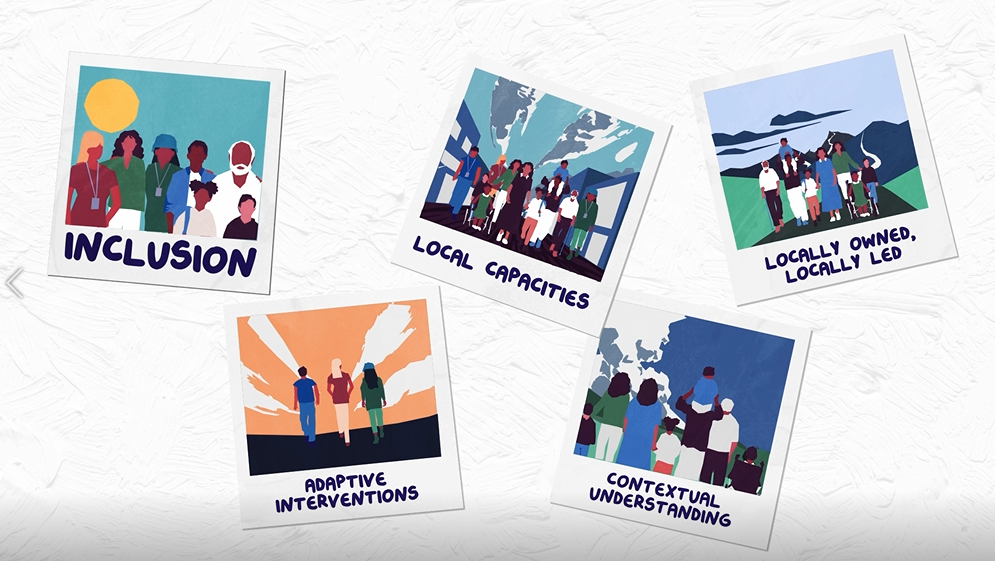Peace Responsiveness: Moving from ‘doing no harm’ to actively contributing to peace
Peace Responsiveness refers to the ability of actors operating in fragile and conflict affected contexts to deliberately contribute to peace. It builds on Conflict Sensitivity and the principle of ‘doing no harm’ by aspiring to maximise collective efforts in the service of peace. It is not about changing what we do – we will remain humanitarians, development experts, stabilisation actors, and peace actors. Instead, peace responsiveness is about adapting how we work to ensure our actions are complementary, and help create a peaceful and enabling environment necessary for our different strands of work to flourish. This entails ensuring interventions are locally owned, led, and responsive to ever-changing conflict dynamics. It also requires understanding in more depth the specific configurations of power and drivers of peace and conflict within a context, with the aim of identifying how each of our work and operational mandates can effectively contribute to reducing violent conflict and supporting a society’ efforts towards sustainable peace.

